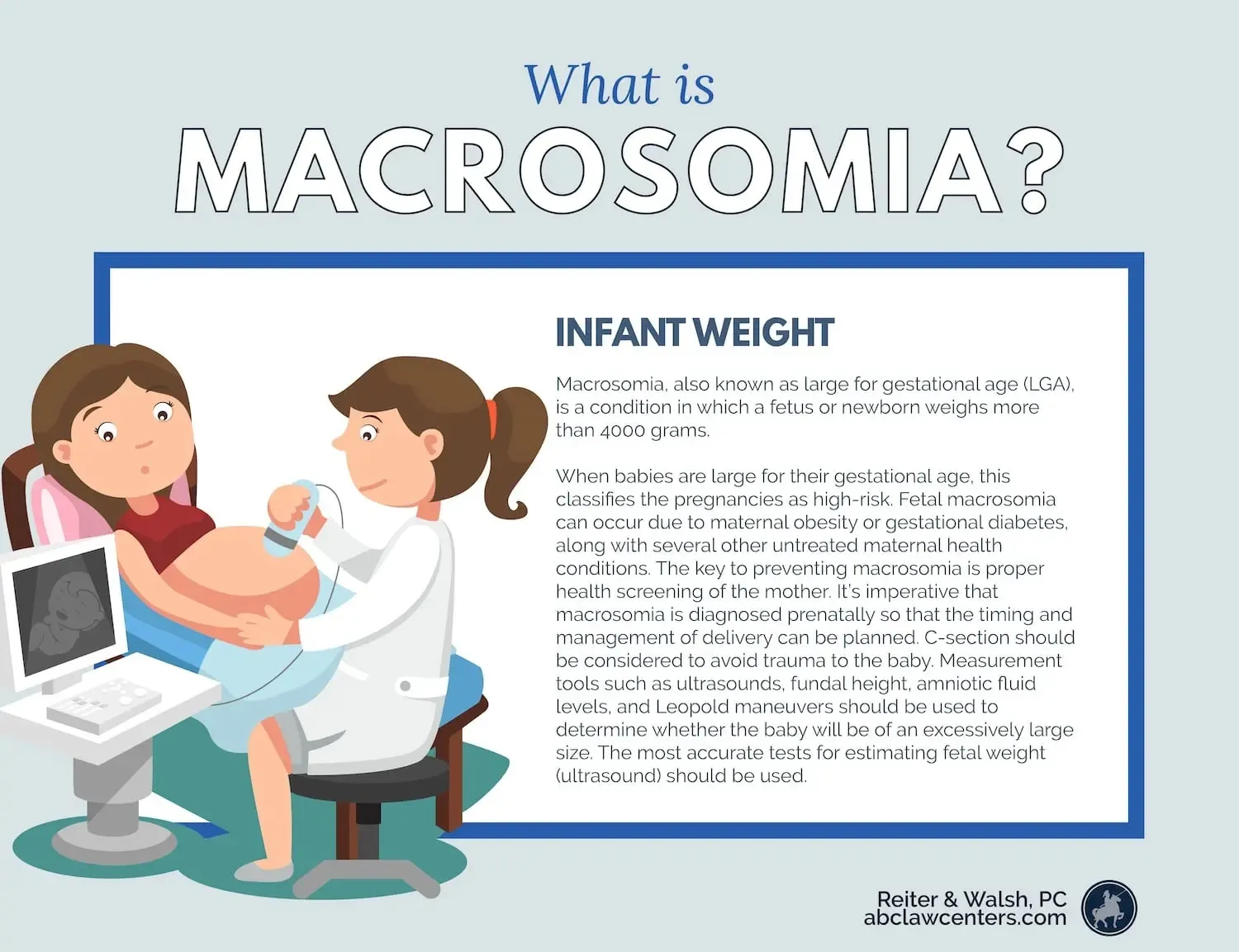Pregnant women who do not suffer from diabetes but give birth to a large baby for their gestational age have a greater risk of developing prediabetes or diabetes of type 2 between 10 and 14 years later, according to a new study published in the 'American Journal of Obstetrics & AMP;Gynecology.
Studies show that diabetes during pregnancy, also known as gestational diabetes, increases the risk of a pregnant woman developing type 2 diabetes later.Gestational diabetes is also a frequent cause of large babies for gestational age (PEG).
Peg is considered to babies that weigh more than 90% of all babies of the same gestational age.These babies are more likely to enter the neonatal intensive care unit and develop health complications later, such as obesity and type 2 diabetes. What had not been studied until now is whether a person who does not suffer from gestational diabetes but givesLight to a baby peg also runs the risk of developing diabetes later.
The researchers used data on the study of hyperglycemia monitoring and the adverse results of pregnancy (HAPO).The HAPO, an observational study, examined glucose tolerance in a broad, multinational and racially diverse cohort in its third trimester of pregnancy;The follow -up study analyzed the association between gestational diabetes and the long -term health results of pregnant women and their children.
study results
Among the 4,025 women who had no gestational diabetes, 13% (535 people) had a baby PEG;8% (314 people) had a small baby for gestational age (PEG);and 79% (3,176 people) had a middle -aged baby for gestational age (PEG) or normal growth.
The data revealed that between 10 and 14 years after delivery, at 20% (791 people) they were diagnosed for prediabetes or diabetes and that the frequency of prediabetes or diabetes was greater among people who had a PEG set (24.8%)In comparison with those that had a PEG (15.4%) or, which is even more important, those that had an AGA delivery (19.7%).
The greatest risk of diabetes and prediabetes with a baby PEG occurred even after researchers adjusted the risk factors of developing type 2 diabetes, such as age, obesity, blood pressure and arterial hypertension and family history of diabetes.
"Often, in clinical practice, when we see big babies and the person does not have gestational diabetes, we do not talk about the consequences for the mother's health in the future," says the main author of the study, Kartik K. Venkatesh, subspecialistin Maternal-Fetal Medicine and Assistant Professor of Obstetrics and Gynecology and Assistant Professor of Epidemiology at the Wexner Medical Center of the State University of Ohio (United States).
"But this research suggests that there may also be consequences for the health of the pregnant person, even without gestational diabetes, when it has a baby of size higher than normal," he adds. "That's why it is so important to follow large groups of people and their babies, regardless of whether they have had gestational diabetes or not, for a long period of time. "
As noted, "the real implication of this research is that we have to stop thinking about attention during pregnancy as an episodic care, establishing these connections between pregnancy and long -term health results in mothers and children to be able to see theComplete panorama. "


